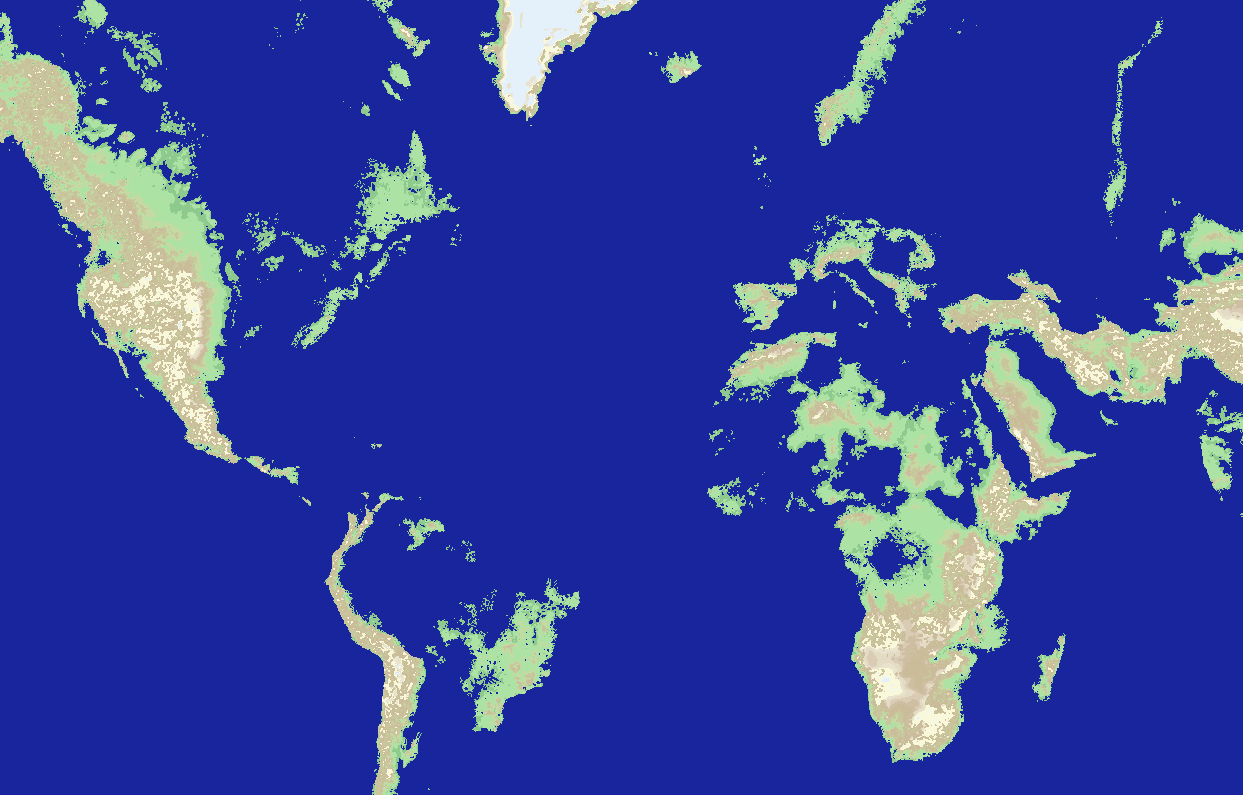Does Human Civilization End?

But what actually will happen over the next few decades?
As George Will puts it, “The future always looks like the past, until it looks like something else entirely.” That said, we’re powerless to predict the future except as an extrapolation of where we are now.
The most probable major events over the coming years:
• Unabated climate change, dealt with, to whatever level of success, by adaptation. We’re doing very little to curb greenhouse gas emissions, and that’s not likely to change in time to make a difference.
• An increasing scarcity of resources and a continuing decrease in educational standards, which caused the populism we saw in the rise of Trump and the many new dictators around the globe.
• An explosion in the technology and implementation of artificial intelligence, and the consequent struggle to keep it under control.
• The ongoing battle against pandemics, exacerbated by conspiracy theorists and “news” channels that promote lies about the diseases and their treatment.
All this, of course, is terrifying, at least for people who care about the quality of life on Earth after we’re no longer a part of it.
Having said that, it’s possible that Earth’s population will reach a point at which it’s obvious to a critical mass of people that our civilization actually is in danger of extinction, or at least of life becoming intolerable for an unacceptable number of people. It’s conceivable that the world’s people will find a way to come together and demand an entirely new world order, so as to avert total catastrophe.
If this seems fanciful, let’s go back and think about climate change. We’re constantly acquiring new data points that show that we’ve grossly underestimated the loss of ice on Greenland and Antarctica. Suppose we learn one day that sea level rise will soon make the map of the world look like what’s depicted on the right. That just might get our attention.

